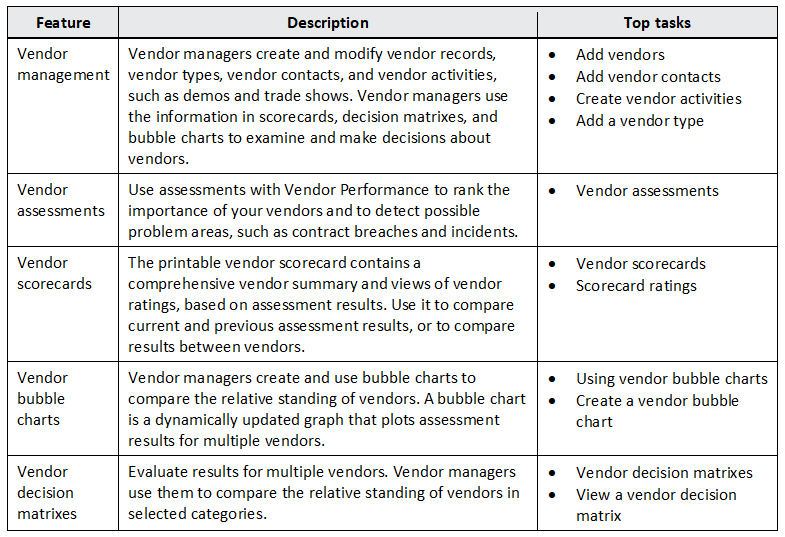Vendor performance management is a critical aspect of businesses of any scale. Due to a lack of appropriate tools and industry-proven practices, businesses are failing miserably in assessing and scaling performance of vendors to improve vendor relationships and align efforts with business goals and drive overall business value. ServiceNow comes with a Vendor Performance Management module that strategically manages vendor performance at optimal costs and efforts.
Challenges with Vendor Management
Gartner’s research reveals that Worldwide expenditure on IT investments by companies globally is expected to reach $4 trillion. Another report from Forrester reveals that in the US technology investments is approximately $75 billion. These investments make way for skilled workforce and an increase in vendors delivering technologies, initiating companies to devote more budget to manage their IT systems and vendors. Improperly managing vendors can have a direct impact on business efficiency and profits. Here are some challenges businesses face when trying to manage their vendors.
- Understanding and maintaining the chronological context data (including relationship data) a vendor creates since the start of work
- Classifying vendors based on strategic business objectives, risk, and conveying compliance to existing and prospective vendors
- Strategically aligning vendor ecosystems without disrupting business objectives
- Identifying and living up to internal stakeholder expectations
- Innovating new ways for conducting communicate and plan IT procurements with legacy organizational procedures and cultures
- Striking the right balance in vendor relationship and negotiation strategy
ServiceNow Vendor Performance Management
The ServiceNow Vendor Performance application helps organizations manage, evaluate, and compare companies that are labelled as vendors in the application.”
ServiceNow
ServiceNow's new feature Vendor Performance Management enables organizations to have transparent and efficient management of vendor performance. This application uses various assessment tools to manage, assess, evaluate, calculate score and rank vendor performance under various metrics based on business objectives. A vendor performance scoreboard is prepared by extracting vendor data from various service management processes and decision matrixes evaluating multiple vendors on various scales and capacities. Vendor Performance Management uses vendor ticketing to ascertain a relationship among vendors, incidents, and service level agreements.
Vendor Performance Management Features

Vendor Manager Workspace
Managing vendor performance activities and data are handled in a single Vendor Manager Workspace. Administrators can decide the vendor score factors, metrics and include and characterize vendors. The vendor manager dashboard provides a detailed view of all vendors, associated contracts, services, service level agreement definitions, and metrics. The below illustration is a list of parameters included in a vendor profile:

Using the vendor directory, the vendor manager either in a workspace view or platform view, can have a birds-eye-view of all vendors. This directory provides key vendor information like vendor score, rank, unique subscribers, type, start date, and vendor manager. To assess the progress of each vendor, the vendor manager analyses trends and the performance of a vendor. The following integrations make this possible.
- Service Portfolio Management and Service Owner Workspace: Assess service offerings each vendor has and evaluate overall vendor impact on business.
- Continual Improvement Management: Based on the performance parameters of each vendor, initiatives will be optimized to ensure continued improvement.
- Contract Management: List out all active contractors and study impact on business
- Service Level Management:List out each vendor’s active SLA definitions vendor














